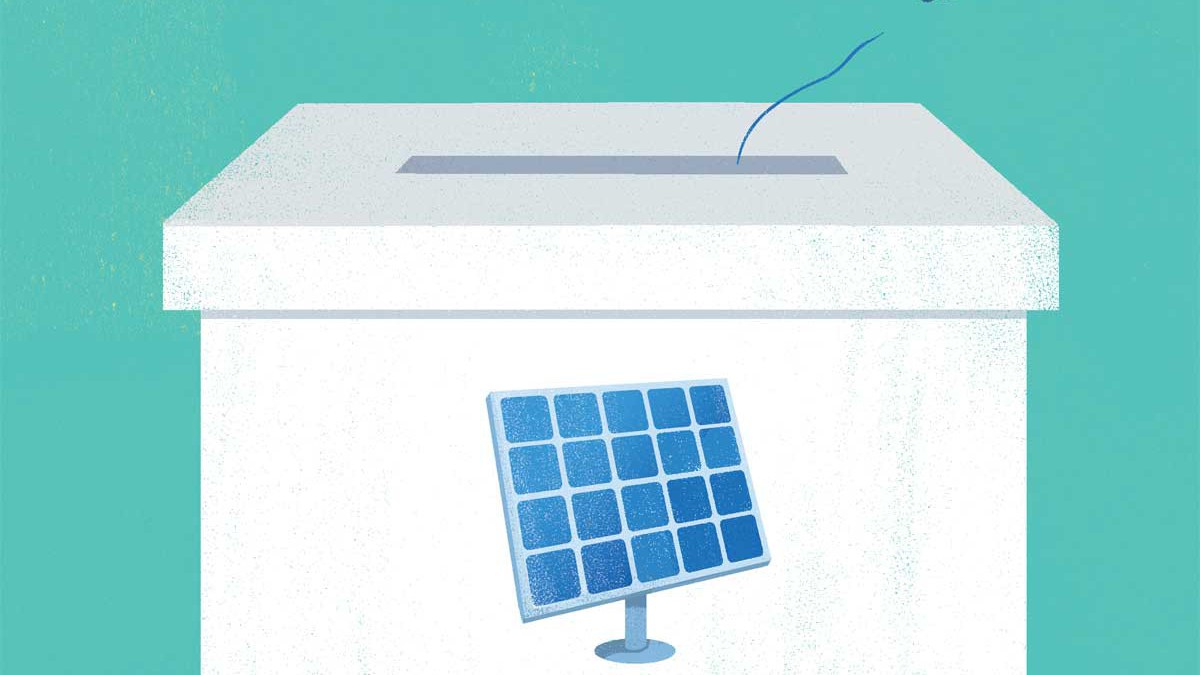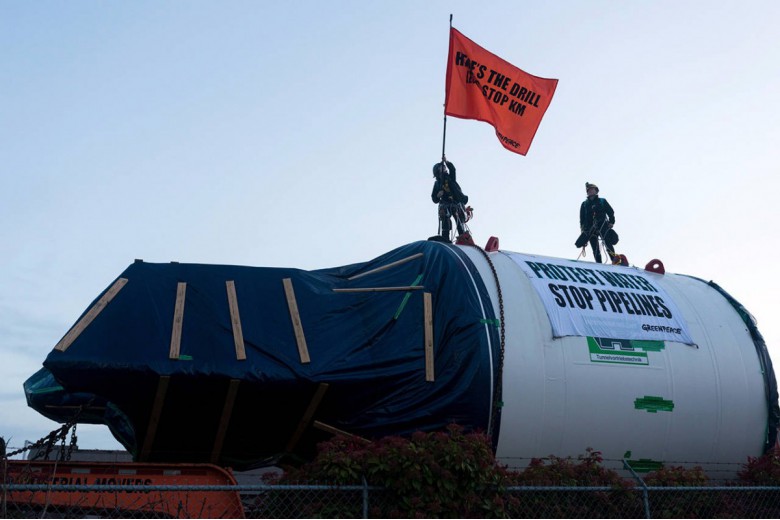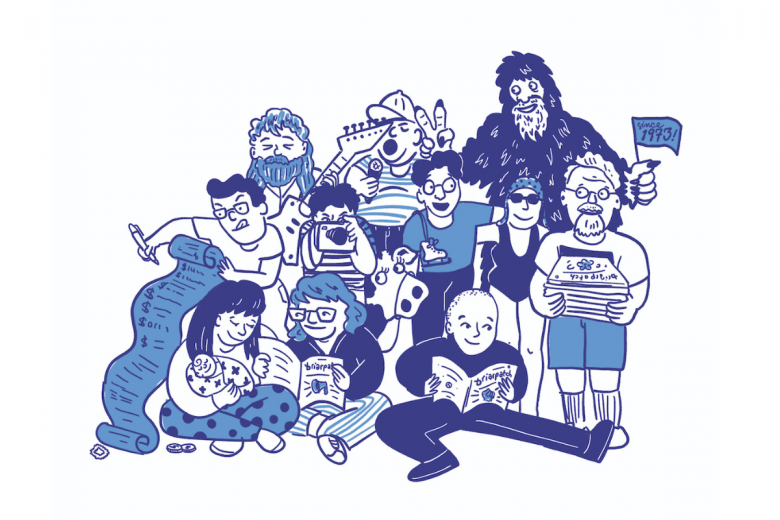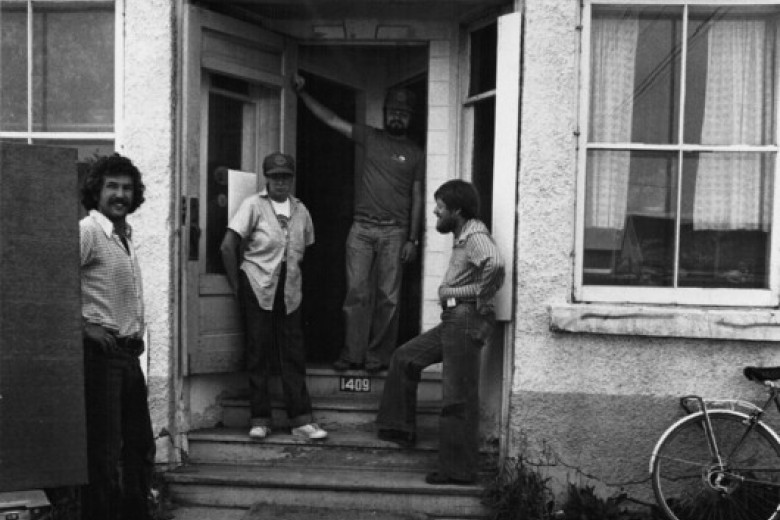In the ominous days following Donald Trump’s election, one beacon of hope was the outpouring of support experienced by organizations that were among the most likely to help counter the Trump agenda. Specifically, the American Civil Liberties Union (ACLU) and Planned Parenthood experienced unprecedented surges in donations. The $7.2 million that they received in the five days after the 2016 election – which caused the ACLU’s donation page to crash – was “the greatest outpouring of support for the ACLU in our nearly 100-year history,” according to a statement by the organization’s director, Anthony Romero. Meanwhile, within one month of the election, Planned Parenthood received 315,000 donations, including 82,000 that were made in Vice-President Mike Pence’s name as a statement against his anti-choice values. The 9,000 new monthly donors registered by the Sierra Club in the week following the election outnumbered new monthly donors registered from January 1 to election day (November 8). Many more organizations, including the National Association for the Advancement of Colored People (NAACP), the National Immigration Law Center, and major LGBT-rights organizations like the Human Rights Campaign and Lambda Legal, also saw significant spikes in donations post-election.
This rise in donations in the U.S. after the election is cause for some hope in the face of an alarming neo-fascist government, but it is in contrast to a more disconcerting trend in Canada. Since the heated election of 2015, in which the Liberals and Justin Trudeau defeated the Conservatives and Stephen Harper, many progressive organizations in Canada have experienced a marked decline in monetary support. Why? Along with more gradual trends of aging supporters and a lukewarm economy, fundraisers and other spokespeople for some Canadian organizations say they are hearing from donors that they are relieved by the change in government and feel less urgency to give now that Harper is no longer in office.
Since the heated election of 2015, in which the Liberals and Justin Trudeau defeated the Conservatives and Stephen Harper, many progressive organizations in Canada have experienced a marked decline in monetary support. Why?
“We heard directly from people, ‘you defeated Harper, now you’re done!’” says Lyndsay Poaps, executive director of Leadnow, a national campaign and advocacy organization focused on justice, sustainability, and equity. “We set ourselves up as a third-party agenda and once [Harper] was gone, people were ready to move on. In order to get people informed and excited about it, you had to get people focused on defeating him, but there are ramifications [to] that,” she added.
Jamian Logue, director of development for the Council of Canadians, a social action organization that has seen many political ups and downs in its 30 -plus years, says his organization is encountering “a starkly different fundraising environment” in the post-Harper era relative to the 10 years of Harper rule. Logue also points out that the decline in donations that the Council has experienced since the 2015 election is not just from new donors who came on board in the pre-election year, it’s also from longer-term donors.
What will this decline in donations mean for progressive organizations in Canada? Both Logue and Poaps note that their organizations have been forced to tighten their belts and be creative to stretch resources further.
Progressive non-governmental organizations, which already operate on tighter budgets than their conservative counterparts, are finding it difficult to have fewer resources in a time when their messages have to be more nuanced and targeted. With a government like Stephen Harper’s, where virtually every decision went against the social, environmental, and economic justice values upheld by organizations like the Council and Leadnow, it was possible to put forward a more singular “stop Harper” message. With Trudeau, a more complex message is required.
Under the Liberals’ first 18 months in government, some pipelines have been approved while others have been rejected; an inquiry into missing and murdered Indigenous women has been launched but its progress is slow; and the government’s promises on electoral reform have been completely abandoned. Both the Council and Leadnow have continued to put pressure on the Trudeau government on these and other issues, but many donors are encouraging them to tread carefully. “‘Let’s give Trudeau a chance to do the right thing,’ is probably the sentiment we’ve heard most from donors,” says Logue.
“We also recently surveyed our donors and discovered that more than 60 per cent of them still feel the Trudeau government is taking the country in the right direction,” notes Logue, although this survey was completed in January 2017, just before the government abandoned electoral reform, a move which was unpopular with progressive audiences.
The irony of this fundraising challenge is that it puts organizations in the difficult position of knowing that their financial ability to do their work was greatest when their work actually had the least potential to make long-term gains. On the flip side, of course: the organizations now have the least resources they’ve had in a long time when they may have more potential to do their best work. Poaps notes, “I think we’re getting into a place in Canada where there can be real nuance on policy for the first time in a long time and if organizations like ours aren’t able to participate, we’re missing a huge opportunity to be able to course-direct the country for the first time in 10 years […] It would be such a loss if organizations that have worked so hard to build up people power didn’t have the resources to be there to cross the finish line.”
According to Kate Mooney, director of phone fundraising for Public Outreach Group, a fundraising organization that works with non-profits across North America, including Leadnow, “an urgent negative is the most compelling reason to give. We may like the idea of people giving to a long-term positive vision of the future … but it’s not as compelling as an immediate bad thing that [they] want to stop from happening.”
Of course, donations are only one of the ways that people engage in politics, but an increase or decrease in donations is an easier variable to measure than other forms of activism. What is perhaps most troubling about these numbers is that they may suggest a more general trend in overall political engagement. When people are most inclined to pay attention and demand more of our governments precisely when those governments are the least likely to act in their favour, what does this mean for our long-term movements? And when many progressives have stopped paying attention because they think they finished their job by defeating Harper, what incentive is there for still-neoliberal governments like Trudeau’s to offer anything more than lip service to progressives?
When people are most inclined to pay attention and demand more of our governments precisely when those governments are the least likely to act in their favour, what does this mean for our long-term movements?
In the U.S., organizations continue to mount their resistance to the new regime. Emily Shaftel, communications manager for Planned Parenthood in Minnesota, North Dakota, and South Dakota, notes that the organization is prepared to defend reproductive rights against the Trump-Pence agenda: “No matter what happens, we will work tirelessly to keep our network of clinics open, and we’ll need our donors more than ever to help us provide affordable care to all who need it.” However, Shaftel acknowledges the similar challenge of being better funded when the organization must be on the defensive, and having fewer resources when the opportunity arises to make greater headway under progressive governments: “When we are working within a supportive political environment, we are able to move our agenda forward as opposed to just defending. Donations are always an essential part of our revenue and fund clinical services and education services, technological upgrades, and new and renovated clinics. When we are not working to fight against attacks on our work, we are able to focus on expanding our services and reach to all who need us, as well as working toward pro-women’s health legislation that expands health care for all.”
The task for progressive Canadian organizations now lies in persuading donors to support a more nuanced approach, toward a government that has not brought the “real change” it promised in many important areas. Council of Canadians national chair Maude Barlow notes, “If groups like ours, CCPA [Canadian Centre for Policy Alternatives], and others are not supported in our work, the Trudeau government, and others after it, will be able to promote a neoliberal agenda of economic globalization, free trade, and privatization with little or no scrutiny. I actually think we are more vital than ever right now and urge people who share our views to consider what this country would look like without our movement.”
Mooney sees reason to hope: “Donations go in cycles. There was a shiny new government that we all felt good about, but the world has changed since October of 2015 […] People are looking at what’s happening in the U.S. in horror and looking to institutions that they trust for answers on what to do. People are ready to do more. We just need to ask them.”







